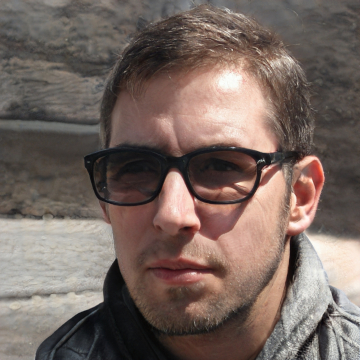Real Estate

While living in a condo eliminates the need to maintain a yard or handle repairs outside your unit, it doesn’t mean that you don’t pay for it. Homeowners Association (HOA) fees are used to keep the complex looking good, and part of it goes towards the reserve fund that covers one-time expenses like painting the exterior walls. However, what happens when the reserve fund is inadequate, and repairs come up? A special assessment is levied on every condo owner to cover the cost, and it can be quite expensive. The best way to avoid this is by ensuring that the condo’s reserve fund is sufficient. A reserve study should be conducted periodically to determine how much the condo should have in reserve. While the final figure is only a recommendation, it’s best to aim for a reserve that’s 70% or more funded. The laws regarding reserve studies vary by state, but in general, 25 to 35% of HOA fees should go towards reserves. To ensure that the reserves are in good shape, it’s best to get involved in the condo’s annual and budget meetings.
To learn more about a condo association’s reserve fund, you can request to see the most recent reserve study and ask for additional details. However, it may take some time to obtain this information, so it’s important to be polite and patient with the condo board members who are volunteers and your neighbors. It’s essential to remember that everyone is in this together, and it should never be an “us versus them” mentality, as pointed out by Rathbun.
The author’s note explains that researching for this article helped put into perspective how high homeowners’ association fees can be. Although as a homeowner, you can avoid HOA fees by purchasing a house, you’ll still need to spend money on routine and unexpected maintenance. For instance, if you had to replace your roof, it would have been helpful if you had been saving up for unexpected maintenance like a condo reserve fund.
The article also includes a list of related articles and sources to further explore the topic of condo reserve funds.
FAQ
1. How can I determine if my condo’s reserves are adequate?
You can start by reviewing your condo association’s annual budget and financial statements. Look for a line item that shows the amount of money in reserves and compare it to the total amount of expenses. Ideally, reserves should be equal to or greater than 25% of the total expenses. You can also ask your board of directors or property manager about the reserves and how they are being used to maintain and repair the property.
2. What happens if my condo’s reserves are not adequate?
If your condo’s reserves are not adequate, your association may need to impose special assessments on unit owners to cover unexpected expenses, such as a major repair or replacement of a common area component. This can be a financial burden on unit owners and may result in the inability to sell or refinance their unit. In extreme cases, a condo association may need to declare bankruptcy if they cannot cover their expenses.
3. Can my condo association borrow money to cover expenses if reserves are not adequate?
Yes, a condo association can borrow money to cover expenses if reserves are not adequate. However, this can lead to increased debt and interest payments, which can negatively impact the association’s financial health in the long run. It’s important for the association to have a plan in place to build up reserves and avoid relying on borrowing.
4. What factors can affect the adequacy of my condo’s reserves?
Several factors can affect the adequacy of your condo’s reserves, including the age of the property, the condition of common area components, and the level of maintenance and repair needed. Additionally, unexpected events such as natural disasters or legal disputes can drain reserves quickly. It’s important for the board of directors to regularly review and adjust the reserve fund to ensure it remains adequate.
5. How can I contribute to building up my condo’s reserves?
As a unit owner, you can contribute to building up your condo’s reserves by paying your monthly assessments on time and in full. You can also participate in community events and volunteer to help with maintenance and repair tasks to keep common areas in good condition. Additionally, you can encourage your board of directors to prioritize building up reserves and consider creative solutions such as increasing rental fees for common areas or pursuing grants and subsidies.

Brody is a skilled craftsman and gardening expert. From renovating living spaces to cultivating lush gardens, Brody’s knowledge and passion shine through, inspiring readers to embark on their own home improvement and gardening journeys with confidence.






Leave a Reply